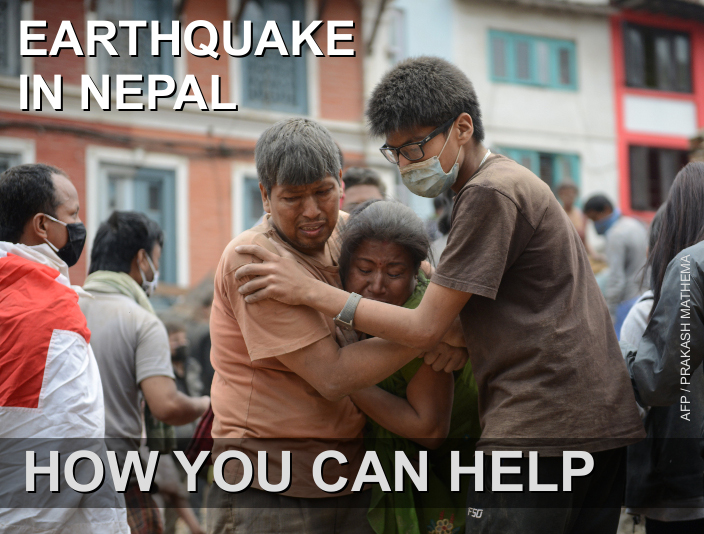Speeches Shim
Agriculture is Nepal's principal economic activity, employing 68% of the population and providing 34% of GDP. Yet large sections of the population suffer from food deficits and poor nutrition. This is further compounded by natural disasters, such as earthquakes and floods, and other factors such as political instability and increased outward migration, increasing the pressure on communities to adapt and prepare for shocks and stresses.
PROJECT OVERVIEW
USAID’s Policy Reform Initiative Project supports the Government of Nepal to achieve inclusive economic growth in the agriculture sector to enhance and improve food security.
Nepal has made substantial strides toward reducing its overall poverty rate. However, many people, especially those living in the Middle Hill and Mountain regions, continue to struggle with food insecurity and poor nutrition. In the remote and rugged terrains of Nepal, persistent food insecurity is a result of complex, interlinked risks and vulnerabilities.
The United States Agency for International Development (USAID) under its Feed the Future initiative has contracted Winrock International to implement the Knowledge-Based Integrated Sustainable Agriculture in Nepal (KISAN) II Project. KISAN II aims to increase resilience, inclusiveness and sustainability of income growth in the Feed the Future Zone of Influence.
PROJECT OVERVIEW
The United States Government, represented by the U.S. Agency for International Development (USAID), is seeking applications from qualified U.S. citizens to provide personal services as Resilience and Food Security Specialist under a personal services contract, as described in the attached solicitation.




Comment
Make a general inquiry or suggest an improvement.